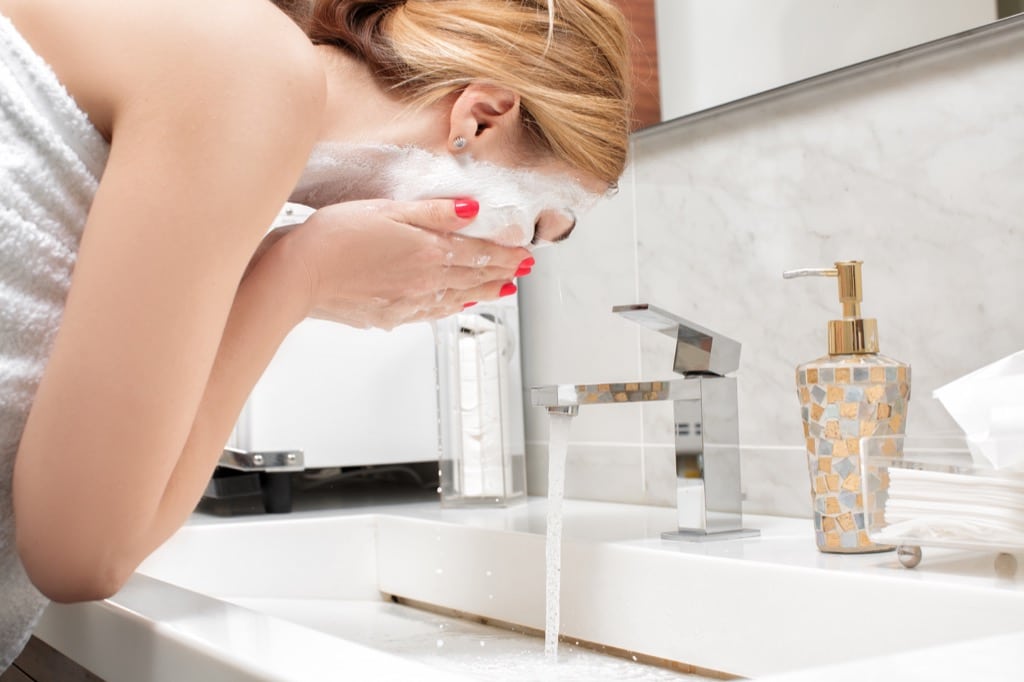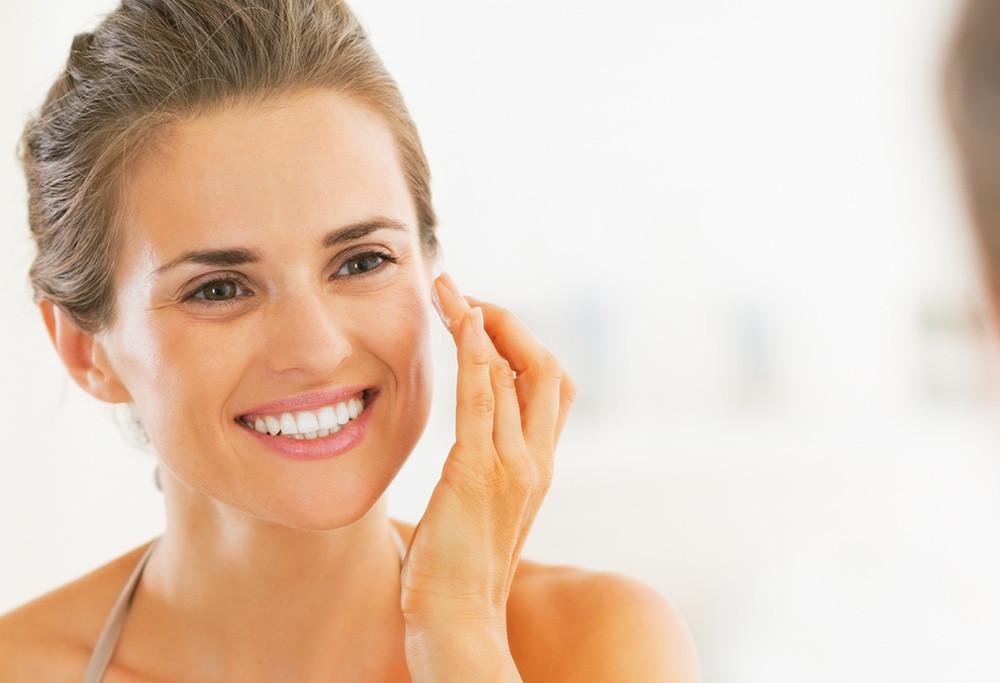Being clean is the standard for anyone who wants to present their best face to the world and for the practice of good hygiene. But as it turns out, folks, you can overdo it–and this can actually make you look older in some cases!
Washing your face every day is a good thing to do. Sweat, dirt and oil can gather on your face all day, so you need to wash it regularly for facial skin health, which is essential for looking younger.
At the same time, overwashing your face can cause problems. Each time you wash your face, you strip it of things you need for youthful skin–including the oils that keep it plump and moisturized–and washing it too much can make this effect very pronounced.
Generally speaking, skin health experts say you should just wash your face twice a day–in the morning and at night. Of course, there are other factors that influence how often you should wash your face, including your diet and your skin type, so it pays to know what skin type you have!
People with oily skin usually need to wash their faces twice a day since too much oil can clog pores and cause skin troubles. However, if you have dry skin and notice your face is very dry when you wake up, you may want to skip that morning wash and just wash your face at night. If you have combination skin, with oily and dry spots, you may want to wash just the oily portions of your face in the morning and your entire face at night.
Your choice of facial cleanser also impacts how your face washing will affect your skin. If you only wash your face one or two times a day but notice your facial skin is inflamed or irritated, your face wash may be too harsh. This can damage your skin over time and lead to telltale aging signs like wrinkles and fine lines.
Look for a gentle cleanser that is free of harsh, drying chemicals, fragrances and other things that can irritate skin. If you have acne, be aware that many acne soaps contain ingredients that dry out the skin and can actually make your skin issues worse over the long term. Speak to your doctor about other options if you’re trying to manage your acne with over-the-counter products.




